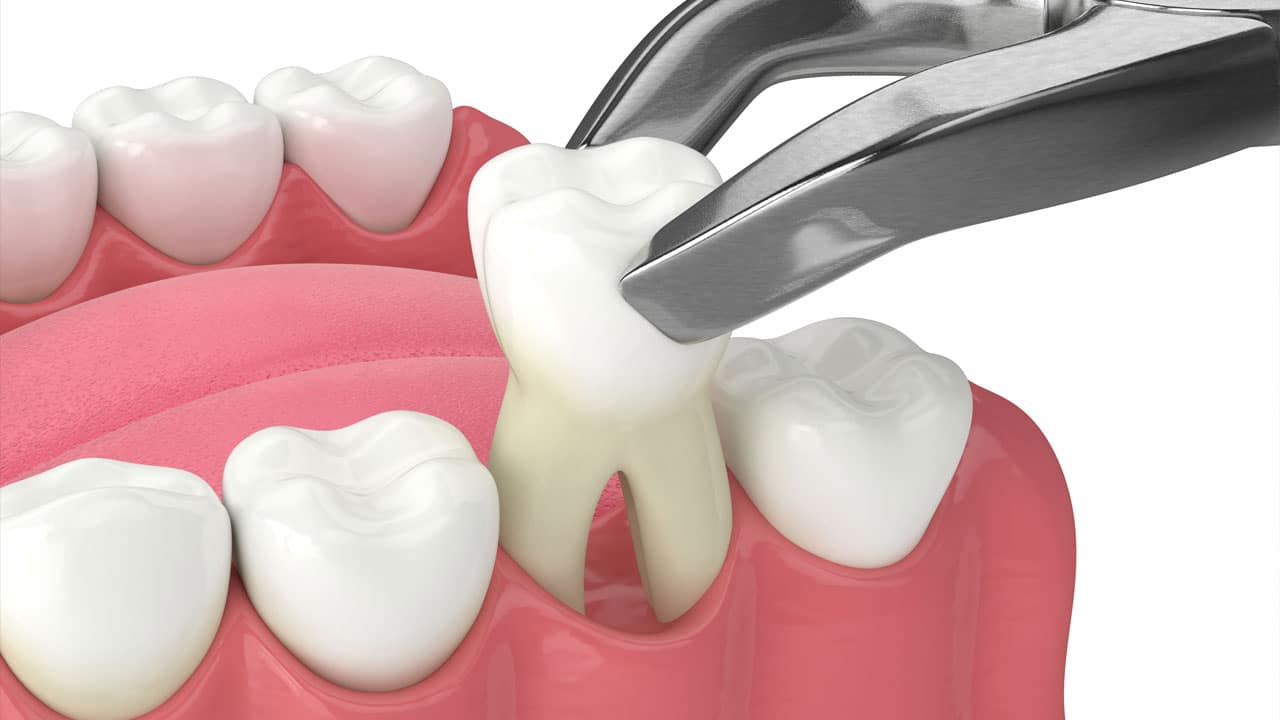Maintaining good oral hygiene is essential for overall health, and traditional methods like flossing have long been recommended by dental professionals. However, as technology continues to advance, new oral care devices such as mouth irrigators are gaining popularity. The question on many minds is whether these innovative tools will eventually replace the age-old practice of flossing. In this article, we explore the potential of mouth irrigators to become the go-to solution for oral care in the near future.
The Evolution of Oral Care
For decades, dental floss has been the gold standard for cleaning between teeth and removing plaque and debris. While flossing is effective when done correctly, studies have shown that many people struggle with proper flossing technique, leading to inadequate oral hygiene. This has sparked the development of alternative devices, with mouth irrigators at the forefront of this oral care revolution.
Mouth Irrigators: A Brief Overview
Mouth irrigators, also known as water flossers or oral irrigators, use a stream of pressurized water to clean between teeth and along the gumline. These devices are equipped with a water reservoir and a nozzle that directs a focused stream of water to dislodge and remove plaque, bacteria, and food particles. Proponents argue that mouth irrigators offer several advantages over traditional flossing.
Advantages of Mouth Irrigators
-
Ease of Use: One of the primary benefits of mouth irrigators is their user-friendly nature. Unlike flossing, which requires proper technique to avoid injury or ineffective cleaning, mouth irrigators are easy to use and may appeal to individuals who struggle with traditional floss.
-
Gentle on Gums: Some people find traditional flossing to be harsh on their gums, leading to bleeding and discomfort. Mouth irrigators provide a gentle and soothing alternative, making them suitable for individuals with sensitive gums.
-
Accessibility: Mouth irrigators come in various shapes and sizes, from countertop models to portable, travel-friendly versions. This accessibility makes it convenient for users to incorporate them into their daily oral care routine.
-
Comprehensive Cleaning: Unlike floss, which primarily targets the spaces between teeth, mouth irrigators can reach a larger area of the oral cavity. This comprehensive cleaning may contribute to improved overall oral health.
The Controversy
While mouth irrigators have gained popularity and demonstrated effectiveness in certain aspects of oral care, they are not without controversy. Some dental professionals argue that, while these devices can be a valuable addition to oral care routines, they should not completely replace traditional flossing. They emphasize the importance of mechanical removal of plaque and debris that may not be fully addressed by water alone.
The Future Outlook
As technology continues to advance and research in oral care evolves, the future role of mouth irrigators remains uncertain. It is possible that these devices will become an integral part of oral care routines for many individuals, providing a convenient and effective alternative to traditional flossing. However, it is unlikely that they will entirely replace flossing, as the mechanical action of floss serves a unique purpose in oral hygiene.
Conclusion
The debate over whether mouth irrigators will replace flossing in the near future is ongoing. While these devices offer undeniable advantages in terms of ease of use, gentleness on gums, and comprehensive cleaning, traditional flossing continues to be recommended by dental professionals. It is likely that a combination of both methods will be the most effective approach to maintaining optimal oral health. As research and technology progress, the oral care landscape may see further innovations that enhance the choices available to individuals seeking the best methods for keeping their smiles healthy and bright.








